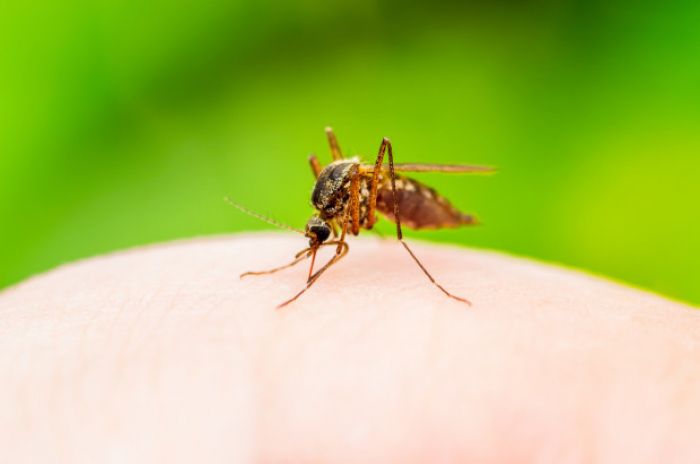The state’s Health Department issued a warning last week about the discovery of the virus, known as Eastern equine encephalitis, after it was found in “several sentinel chickens in the same flock.”
“There has been an increase in mosquito-borne disease activity in areas of Orange County,” said DOH officials. “The risk of transmission to humans has increased.”
While there’s only been an average of seven cases of the EEE virus reported in US residents each year, the disease is known to be fatal about 30 percent of the the time, according to the Centers for Disease Control and Prevention.
“Persons over age 50 and under age 15 seem to be at greatest risk for developing severe disease when infected with EEEV,” the agency says on its website. “EEEV infection can result in one of two types of illness, systemic or encephalitic (involving swelling of the brain, referred to below as EEE). The type of illness will depend on the age of the person and other host factors.”
People who contract EEEV typically start to notice symptoms — including fever, headache, chills, diarrhea and irritability — about 4 to 10 days after being bitten by an infected mosquito, according to the CDC.
“Death usually occurs 2 to 10 days after onset of symptoms but can occur much later,” the agency says. “Of those who recover, many are left with disabling and progressive mental and physical sequelae, which can range from minimal brain dysfunction to severe intellectual impairment, personality disorders, seizures, paralysis, and cranial nerve dysfunction. Many patients with severe sequelae die within a few years.”
Florida health officials instructed residents to protect themselves by draining and discarding items around their homes that may hold water and attract mosquitoes, in addition to covering themselves with clothing and repellent.
“The Department continues to conduct statewide surveillance for mosquito-borne illnesses, including West Nile virus infections, Eastern equine encephalitis, St. Louis encephalitis, malaria, chikungunya and dengue,” officials said. “Residents of Florida are encouraged to report dead birds via the Florida Fish and Wildlife Conservation Commission’s site.”
















































